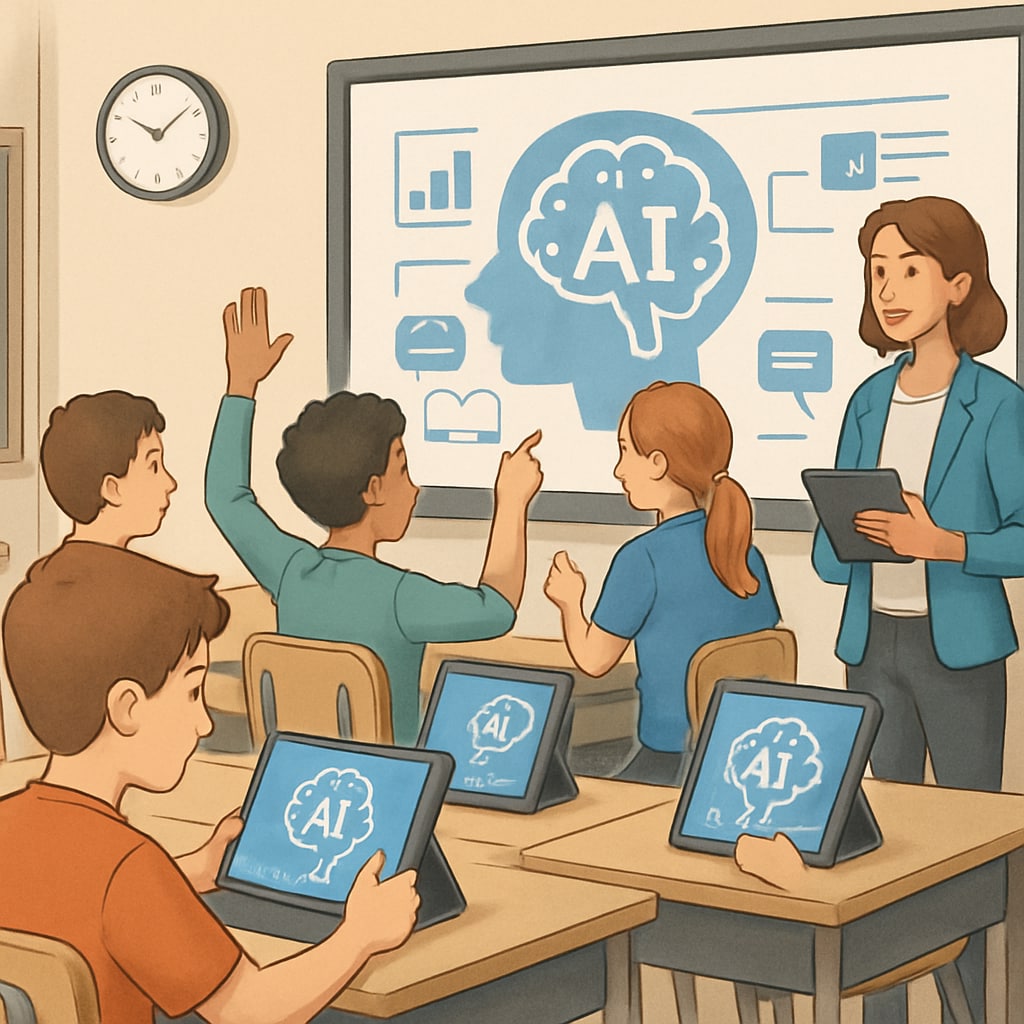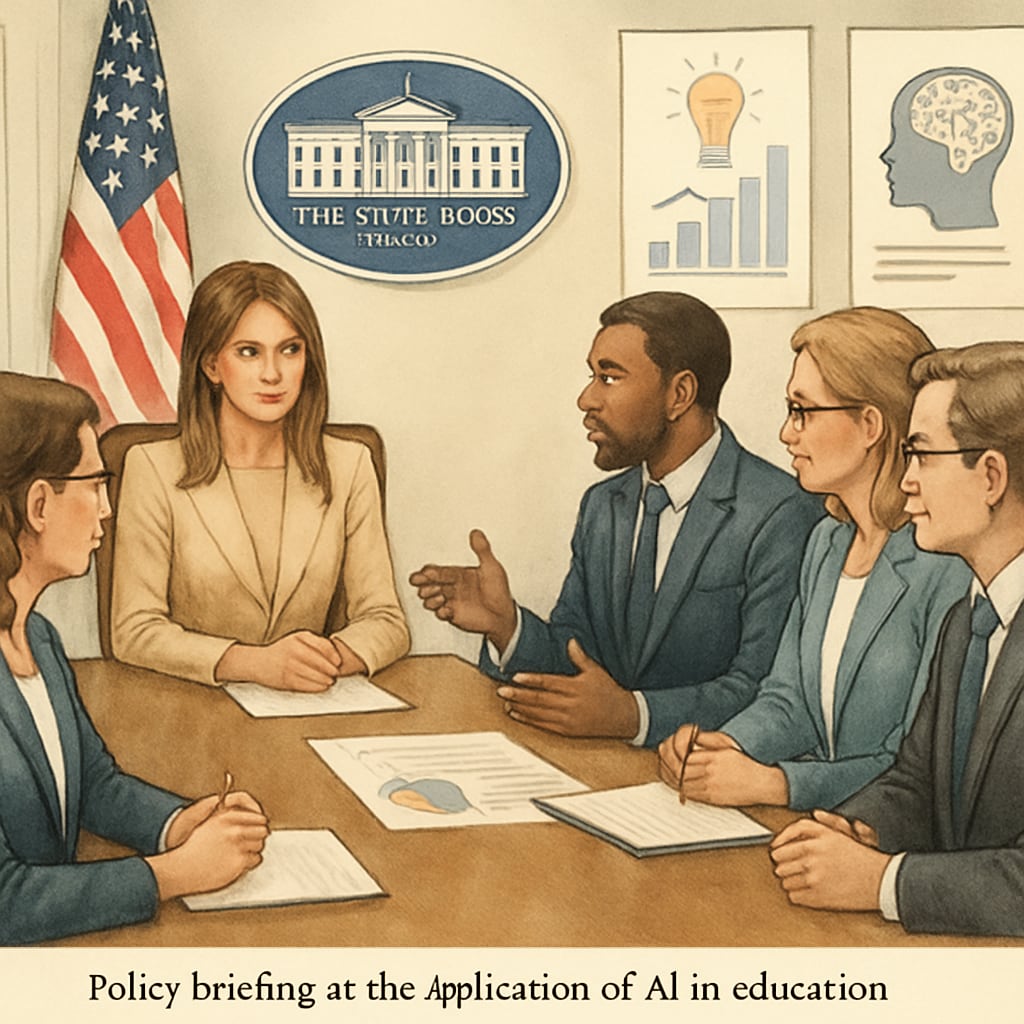Artificial Intelligence, White House Task Force, and Melania Trump: These three elements are now converging to create a cutting-edge approach to K12 education. The recent announcement of the White House Artificial Intelligence Task Force spearheaded by Melania Trump marks a pivotal moment in the integration of technology into the American education system. This initiative isn’t just about technological innovation—it’s about ensuring AI is implemented in an ethical and responsible manner, particularly in classrooms where young minds are shaped for the future.
AI’s Role in Transforming K12 Education
Artificial intelligence (AI) has already begun to revolutionize industries across the globe, and education is no exception. In K12 settings, AI-powered tools can enhance personalized learning, streamline administrative tasks, and provide educators with actionable insights into student performance. For example, adaptive learning platforms use AI to tailor educational content to the unique needs of each student, ensuring no child is left behind.
However, Melania Trump’s initiative emphasizes more than just the technological advantages. It prioritizes the ethical considerations surrounding AI in education, such as data privacy, algorithm fairness, and equitable access to technology. By addressing these concerns, the White House Task Force aims to set a global standard for responsible AI adoption in schools.

Challenges and Opportunities in Responsible AI Implementation
While the benefits of AI in education are undeniable, its widespread implementation comes with significant challenges. Data security is one of the most pressing issues, as educational tools often collect sensitive information about students. Ensuring this data is securely stored and ethically used is crucial to maintaining trust in AI systems.
Another challenge is accessibility. Not all schools have the resources to adopt advanced AI technologies, potentially widening the educational gap between well-funded and underfunded institutions. Melania Trump’s task force aims to address these disparities by advocating for federal funding and public-private partnerships that make AI tools accessible to all schools.
On the other hand, the opportunities are vast. AI can help educators identify struggling students early and provide targeted interventions. It can also reduce the administrative burden on teachers, allowing them to focus more on instruction and mentorship. As a result, AI has the potential to create more engaging and efficient learning environments.

Future Implications for American Education
Melania Trump’s leadership in launching the White House Artificial Intelligence Task Force will likely have a profound impact on the future of American education. By focusing on responsible development, the initiative ensures that AI will be a tool for empowerment rather than exploitation. This approach aligns with global efforts to regulate AI, such as the ethics of artificial intelligence and education reform.
As the task force begins its work, educators, policymakers, and technologists must collaborate to create a roadmap for ethical AI integration. This roadmap should include guidelines for data protection, teacher training programs, and equitable access to AI tools. By addressing these factors, the initiative can ensure that AI becomes a transformative force for good in K12 education.
Readability guidance: This article uses short paragraphs, lists, and clear transitions to ensure readability. Key points are summarized under H2 headings, facilitating a structured narrative while maintaining an engaging tone.


